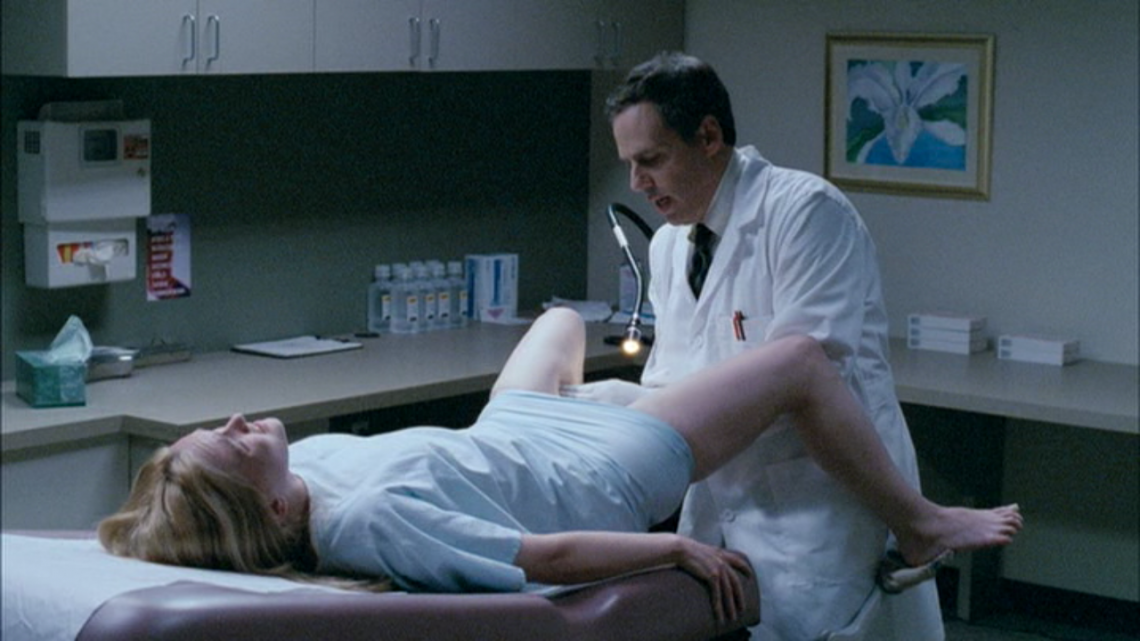You already know how important an annual exam from a gynecologist is for your reproductive and sexual health. Still, you might miss a year. Or two. It’s easy to let it slip your mind or even talk yourself out of going. After all, a trip to see any doctor is bound to spike blood pressure for some of you. It’s totally understandable. You’re expected to speak openly about your sex life, your history, and then there’s the poking and prodding.
Ease your discomfort by knowing what you can expect from your next well-woman visit, from your doctor, and what shouldn’t be going on when you sit back with your legs in the stirrups. Also, tips on how to prepare for your annual exam – and how to remember to go each year.
What to Bring to Your Appointment
Pack your purse or wallet with the essentials: your ID, insurance card, and cash or a card. You’re going to need to fill out long forms before you even get face to face with your doctor, so it’s a good idea to arrive about 15 minutes early. However, there’s a good chance that there’s going to be a bit of a wait before your name is called, so arrive any earlier and you’re looking at a potential hour-long wait. It might be a good idea to bring a book.
What to Expect Your Doctor to Ask
Once your name is called, a nurse is likely going to collect your basic stats, such as your height, weight, blood pressure, and pulse. This is when you’ll be asked why you’re visiting the office. Bring up any concerns you might have or topics you want to discuss with your gynecologist. The nurse is simply helping to expedite the process – your doctor will be prepped, so they’ll know what you want to talk about.
Your doctor will also have some questions for you. Expect them to ask about your family medical history, your personal medical history, and your sexual history. They might ask if you’ve ever been pregnant, had children, or an abortion. This is also when you’ll talk with your provider about birth control and safe sex. If you’ve had unprotected sex, it’s a good idea to tell your doc, as they’ll want to screen you for sexually transmitted infections.
When to Schedule Your Visit
The best time to go is a week or two after a period. Your body isn’t fluctuating as much, thanks to hormone regulation. It’ll be easier for your doctor, and more comfortable for you, if your breasts aren’t swollen during a breast exam. To make it easy to remember to get an exam every year, schedule it around your birthday.
What Shouldn’t Occur
It’s OK to be uncomfortable or nervous. What isn’t OK is for a doctor to make you feel more unease. They should be understanding and make you feel safe talking to them. Remember that your doctor is required to keep your information confidential. Your doc is there to help you make the best decisions for your body, so trust.



